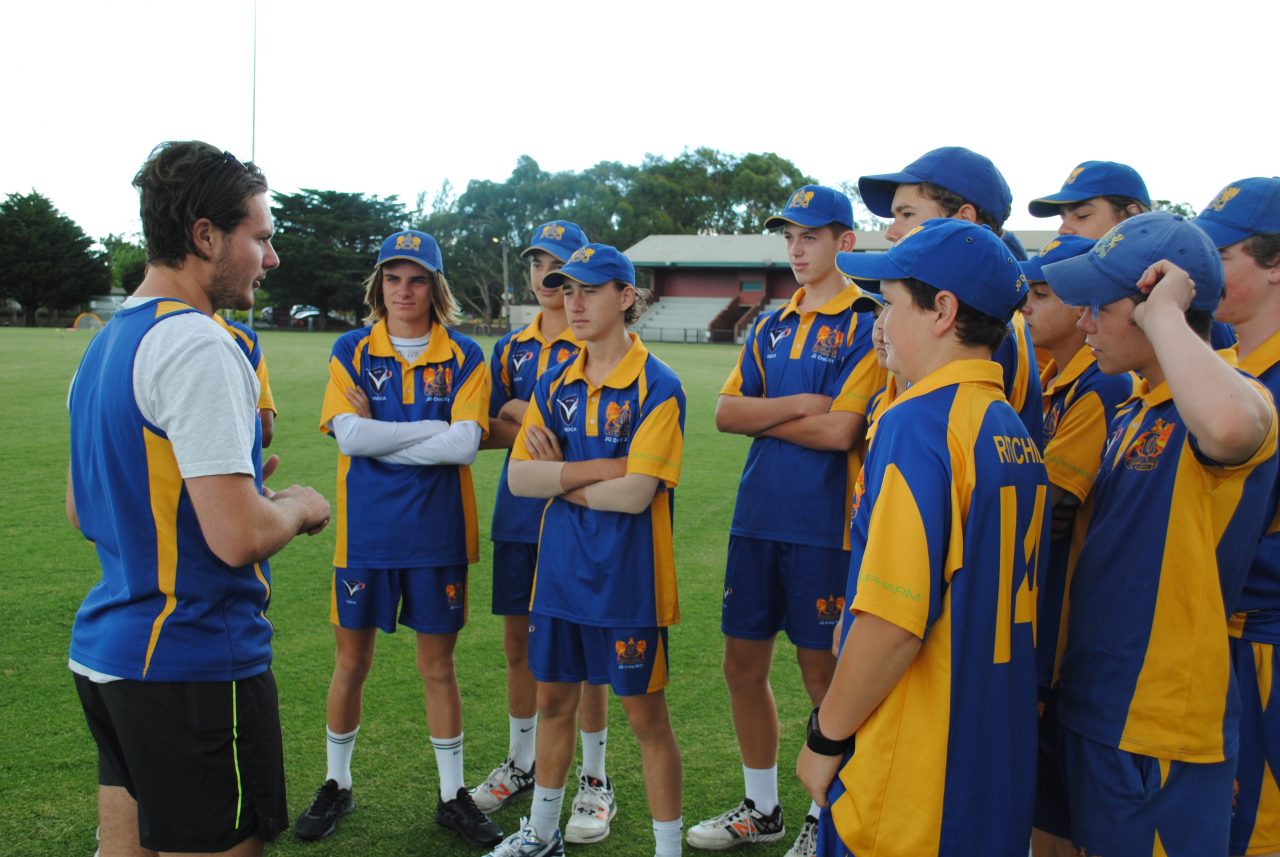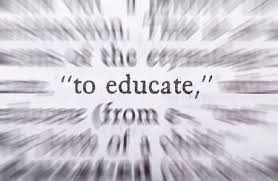Coach education – 10 Dumb Things We Do and call it Coach Education

The world needs more coaches. Good coaches. Passionate coaches. Committed coaches. Innovative coaches.
Coaches.
Coaches are the driving force of change in sport and every sport needs more great coaches.
Many nations – including the UK, Canada, South Africa, France and Australia are investing in coach education, coach development, coach mentoring, coach accreditation and coaching the coaches programs.
And – as usual – instead of inventing new, exciting, innovative, creative and more importantly effective ways of educating and developing the next generation of coaches, everyone is following trends, fads and the old tried and trusted training techniques – many of which have failed over and over again all over the world.
Here are ten really dumb things we do and call it Coach Education.
- We base coach education programs on sports science. Sports science is an important part of athlete development and effective coaching but ultimately it represents about 5% of what a coach does day to day.
- We create athlete development pathways but then do not align the coach development pathway to them. The whole point to coaching is to create an environment which provides appropriate coaching to athletes at the appropriate time in their development. How many sports create effective athlete development pathways, then neglect to align their coach development pathway to it – i.e. so they can run parallel and complimentary to each other.
- We believe that competency based training is the new messiah. Competency based training has promised a lot but under-delivered all over the world. The main reason it has failed is that no country and no sport has the framework or resources to train the coaches, train the assessors, ensure consistency across the national system and ensure it all maintains currency and relevance over time. The Competency based process with its laborious framework of competencies, checklists, assessment requirements and overly bureaucratic and complicated administration is too complex and unwieldy to be workable outside the vocational training industry and academic sector. More importantly, no one has been able to demonstrate that competency based coach education programs produce better coaches and athletes. Message to Coaching Education program managers all over the world – Move On!
- We run workshops and conferences that are largely based on sports science, gimmicks, fads and short cuts. How many times do you go to a coach education workshop and have to listen to people talking about supplements, equipment, lactate analyzers, heart rate monitors etc etc when the reality for most of world’s coaches is dealing with parents, dealing with the inconsistencies of teenagers, finding time to balance coaching, family and work and the more simple, practical side of coaching.
- We give token attention to mentoring programs. Mentoring is like politics. Everyone talks about it but few understand it. Every nation with a Coach education network talks about mentoring but no one has been able to use it effectively because no one has the time or money to adequately fund and drive it.
- We teach all coaches the same outdated periodization processes.Traditional models of prioritization are like black and white TV, the Beta-max video and the dinosaurs – outdated and out of place in this century. Yet we keep teaching the old favorites – one week micro cycles, one month macro-cycles and three month phases to every coach on the face of the earth. No wonder some sports are going no where.
- We spend most of the allotted time teaching “what” to do and not focus on “how” and “why”. The
“what” of coaching changes all the time. The future belongs to coaches who challenge what’s happening now and think about the how and why to find new ways of forging the frontiers of sport. Yet, all we tell them is what to do – to do what others have done before them – to repeat what worked in the past – and not how to create a new future. - We create courses which do not reflect where the sport is going -i.e. we present course information which is based on what worked in the distant past. Speaks for itself. The past is the past – coaching is about helping athletes achieve in the future and must be future focused.
- We allow people to present the courses without insisting their teaching, education and communication skills are the best in the sport. The way coach education works in many countries is to allow a retired coach or even worse – a sports administrator – deliver entry level programs at local, state and provincial level – usually as a revenue raising exercise for the local administration. These guys deliver the same stuff over and over and over the same way for 20 years, then get a lifetime achievement award from the sport for their mediocrity. Unless the people doing the educating are the best of the best, how can the next generation of coaches – and athletes be any good?
- We continue to present courses which are classroom based. How many goals are scored in a classroom? How many world records are broken in a Board room? How many touchdowns are scored in a training room? Why do we insist on making coach education classroom based?
There are ten really great ways of educating coaches – ways that can prepare them to lead their sport into a better, brighter future………………check this site again soon!!!
Wayne Goldsmith


0 Comments